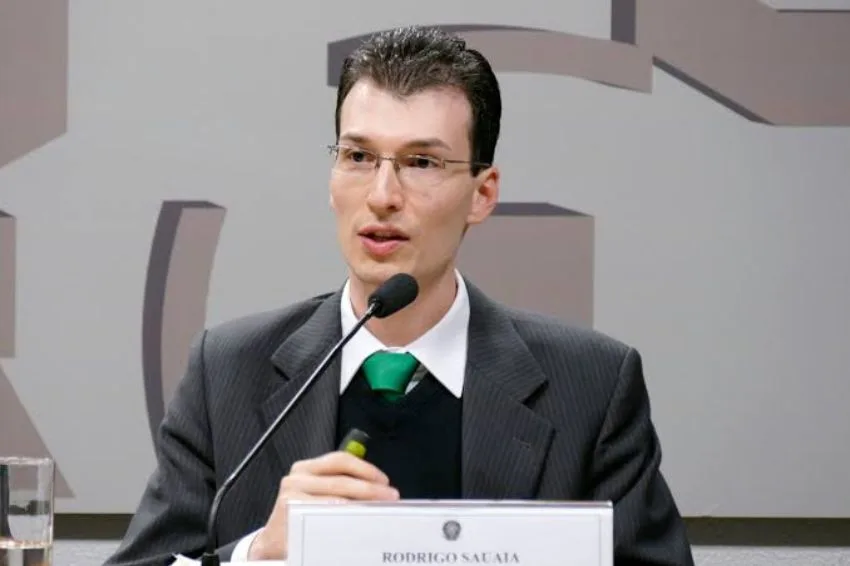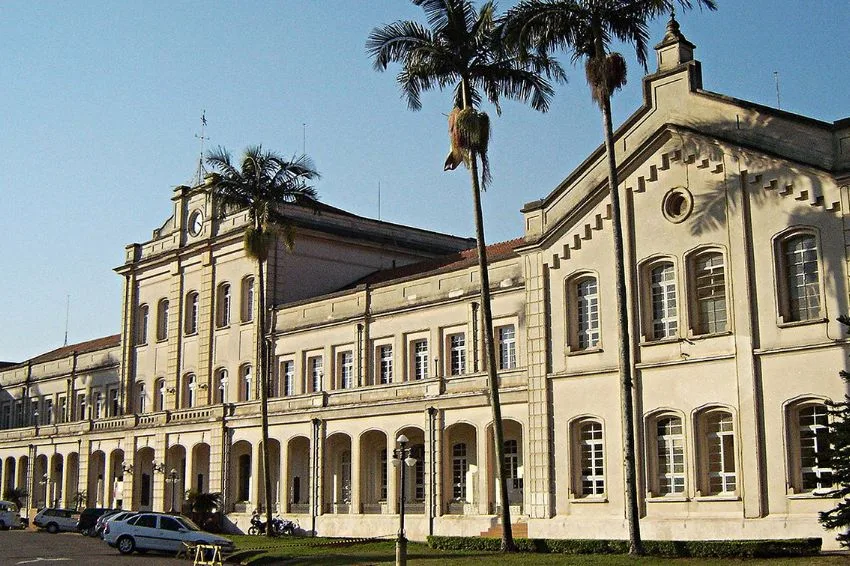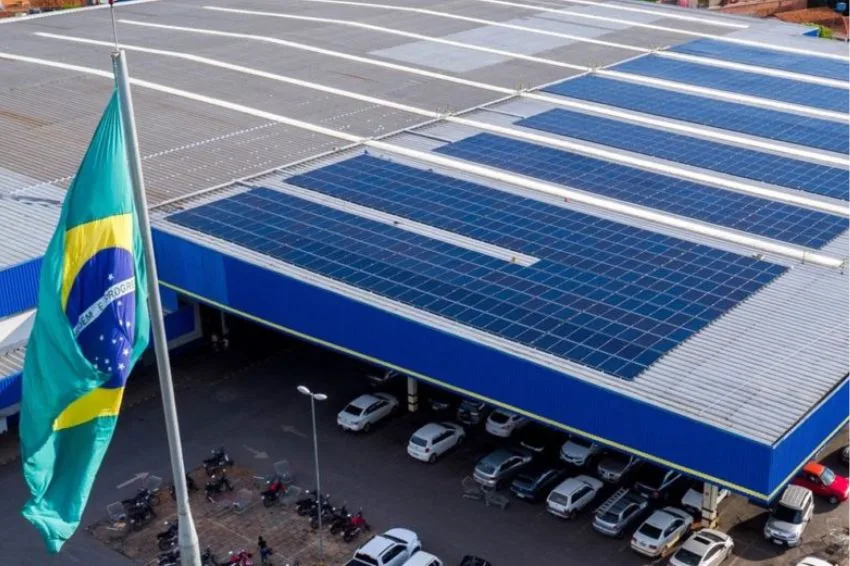The solar energy sector, even in the midst of the pandemic, has shown itself to be resilient, being a progressive source of jobs and boosting the Brazilian economy.
The crisis ended up affecting the photovoltaic market, but not as much as the other segments, especially given the momentum it was experiencing and the accelerated growth it has been experiencing.
Some integrators and distributors, for example, highlighted this moment of expansion and drew a comparison between the second (Q2) and third quarter (Q3) of 2020 with the same period last year.
According to Aldo Solar, the months of July to September represented the resumption of negotiations and the level of market confidence. “Although some sectors of the economy are still suffering, Q3 was 300% better than Q2 this year,” said Aldo Teixeira, president of the company.
"A dollar rise It was the big surprise of the year and then came the expectation of lower prices due to the ex-tariff. But Aldo grew 32% in the third quarter of 2020 compared to Q3 2019”, highlighted the executive.
For Camila Nascimento, commercial director of Win Energias Renováveis, finishing this year's Q3 and comparing it with the same period last year is to visualize the company's exponential growth. “Even due to the pandemic, we haven’t stopped expanding. Win has grown millions of times over the past year.”
“The market is also maturing, integrators are increasingly specializing and technologies are improving. Today we see generators containing modules with increasingly higher powers”, commented Camila.
Pandemic affected, but companies overcame the crisis
Solarprime, at the beginning of the second quarter, witnessed a drop of 80% in market trading volume. However, the company had two options: let the market impose demand and consequently the speed of recovery in a recovery, or it could prepare to absorb the maximum and accelerate this recovery when the repression of market demand ended.
“We acted, and at the beginning of the third quarter we were already prepared, as a team and in strategy, to make a 'V' recovery, resulting in a potential recovery with a volume of negotiations greater than we had before the pandemic and surpassing the previous year. We believe that this recovery will certainly continue with a lot of potential until Q2 2021”, highlighted Raphael Britto, commercial director at Solarprime.
For Roberto Caurim, CEO of Bluesun, Q3 2020 provided a “perfect storm”, where enormous instability was experienced for the first time, both in the national and international markets.
However, according to him, the sector in Brazil was faced with a significant increase in sales, which was impossible to predict two months ago, even combined with the already usual instability of the dollar.
“In the international market, we had a deficit in the supply of cells – due to fire at the largest cell manufacturer in China – and an unexpected recovery of the entire post-pandemic global economy, resulting in a significant increase in freight costs”, said Caurim.
“We ended up paying a difference of almost 10 times in the cost of transporting the container between the height of the pandemic and the resumption. And to make what was already difficult a little more complicated, we were faced with a shortage of containers and ships, as the whole world began to demand Chinese products again. Result: cargo in the port without ships to transport it”, he pointed out.
The executive commented, however, that Bluesun managed to keep stocks filled with modules thanks to advance programming and strategic partnerships with ULICA and BYD.
“We are already purchasing panels and inverters for the first and second quarter of next year, aiming to avoid surprises due to the end of year festivities and the Chinese New Year holiday.”
Caurim also highlighted that, after this crisis, they noticed an acceleration in the upward trend in the mono PERC market, mainly in Europe.
“Module manufacturer ULICA, for example, will deactivate its entire polycrystalline cell manufacturing line from November onwards, investing heavily in high-power mono PERC,” he added.
For the integrator EOS Solar, the pandemic also influenced, but little, the company's sales. “The rise in the dollar, fear of investment, increase in all solar energy inputs – which reached 46% in some cases – greater criteria for banks to release financing and lack of some materials on the market, such as steel, copper, aluminum and even even the panels and inverters slowed growth”, reported Ricardo Rizzotto, owner of EOS Solar.
“We noticed a drop in April. However, then we started growing again every month. In recent months, profit has been rising by 20%”, highlighted Rizzotto.














